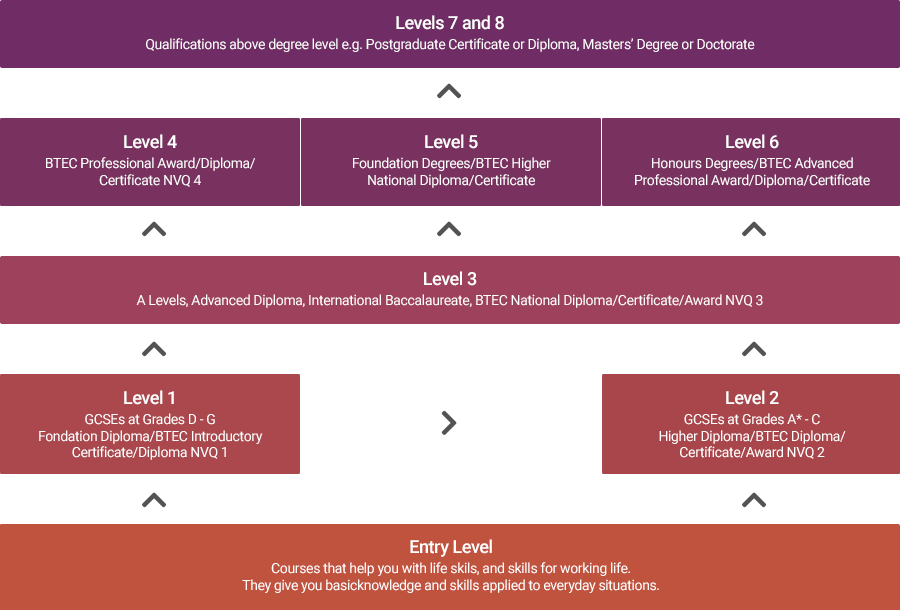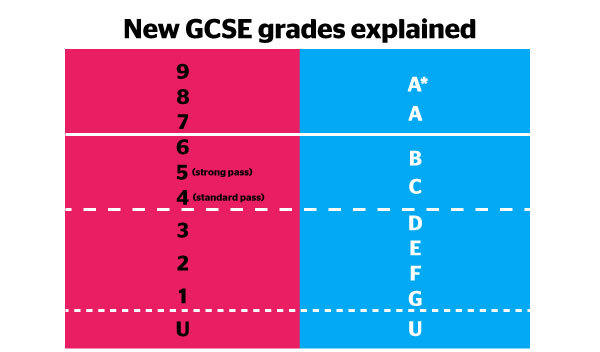Know yourself
Knowing yourself better can be a useful tool to support you in your job search and career planning or if you just want to increase your self-awareness.
Useful websites to find out what you're like and what you could do are:
icould Buzz Quiz - take the Buzz Quiz to find out what you're like and what you could do.
Kudos - you will need to speak to your Connexions Adviser about getting a login for this. If you are unsure of what careers you might be interested in, Kudos can give ideas based on what you like and dislike. You can also discover what careers your subjects can lead to.
Start - helps you to make better choices around careers and future study options, as well as providing careers and employability information from employer partners.
National Careers Service - GOV.UK - The Skills Health Check is a set of quizzes and activities designed to help you explore your skills, interests and motivations.
Careers research
There are thousands of different careers out there but you may only have heard of a few. Often people have difficulty choosing a career because they haven't even heard of the ones that would be an ideal match for them. You can find out about them by doing some career research.
Useful websites to help you with this are:
National Careers Service - GOV.UK - Explore the job profiles to find out what a job involves and if it will suit you.
eCLIPS online careers information - you will need to speak to your Connexions Adviser about whether your school have a login for this. eCLIPS is an easy-to-use online careers resource that provides regularly updated information on over 1,000 jobs and careers.
Bridge GM -Labour market information can help you to find out about which areas of employment are growing (meaning there may be jobs for you in the future) and which are shrinking, which could mean that when you are older, that jobs in that field are not as available.
Mykindafuture - Build your CV, complete a company challenge and gain the opportunity to do work experience with some very appealing employers.
Future Morph - STEM careers (Science, Technology, Engineering and Maths): Future Morph is the Science Council's careers website designed to provide information about the jobs available from studying science and maths.
Creative Skills - If you think you want to work in the creative industries and want to find out more.
Student Ladder - Information on careers, choosing A-Levels, work experience, university and much more.
Higher Ideas - Wondering about going to university? What to study? Where to go? Higher Ideas can help
Venture -You will need to speak to your Connexions Adviser for the login details for this. Everything you need to know about studying, working and living abroad.
Raising the Participation Age (RPA) – What does it mean for you?
RPA came about from government legislation, introduced in 2013, to encourage young people to stay in ‘education and training’ until they are 18.
It’s not quite the same as the school leaving age as it doesn’t mean you have to stay on at school. You will have a choice of what you can do.
Education and training options
Here are the options for you that are defined as suitable ‘education and training’:
- One option is to study full-time at school, college or with a training provider.
- The second option is an apprenticeship or traineeship.
- The third option is full-time employment or volunteering (full-time is counted as more than 20 hours a week) but it must be combined with part-time study or training. You can’t just go and get a job, it must be a job with training.
Full time study
All schools and colleges have open evenings or events for future students. These give you a chance to see what it is really like and talk to tutors and teachers, so it is worth going along. Your Connexions Adviser can give you a list of all these dates.
At the open evening, check out course details and the qualifications you will need. There is a guide to qualifications levels below. At the open dates also ask how to apply and when applications have to be sent. You need to send a well written application – and remember popular courses at colleges often have early application deadlines.

You can also choose to study different types of qualifications at sixth forms and colleges.
GCSEs
Grading will move to a 9-1 scale, with grade nine being roughly equivalent to a top A* grade and a grade four equivalent to a low to mid-grade C.

The changes to GCSEs are designed to make subject content and exams more challenging. New style GCSEs have been slowly introduced in England and Wales over the last two years.
A-Levels
A-Levels give you a broader pathway to university and suit students who want to progress onto specific courses at university. It is possible to study either three or four A-Levels in your first year. These courses are mostly exam-based qualifications with coursework & essay writing.
Vocational
Vocational courses have a mix of practical and academic content and are generally designed for students who wish to go directly into employment or go on to further training or a university course of a related area. Students study one vocational course only.
T Levels
T Levels have a mixture of classroom learning and 'on the job' experience during an industry placement of at least 315 hours (approx 45 days).
Higher Education
If you want to go on to university after completing a level 3 course then you can find out more by visiting:
- UCAS - research courses and find universities/colleges that offer your dream degree course opening the door to your future career!
- Prospects.ac.uk - research a range of jobs that you could do with a degree in a particular subject.
Apprenticeships & Traineeships
Apprenticeships combine practical training in a job with study. As an apprentice you’ll work alongside experienced staff, gain job-specific skills, earn a wage and get holiday pay and study towards a related qualification (usually one day a week). Apprenticeships take 1 to 4 years to complete depending on their level.
Traineeships are designed help young people who want to get an apprenticeship or job but don’t yet have appropriate skills or experience. A traineeship is an education and training programme with work experience that unlocks the great potential of young people and prepares them for their future careers by helping them to become ‘work ready’.
Supported internships are for students with learning difficulties or learning disabilities who want to get a job and need extra support to do this. They last for at least six months and are unpaid. You get work experience and an employer trains you to do a job role. You also get to study for qualifications or other courses to help you get ready to take up a job.
For further information on apprenticeships and to apply for live vacancies visit The National Apprenticeship Website
Employment & volunteering
No child under 13 years of age can be employed, children aged 13 may only be employed in occupations specified in the byelaws. Children of compulsory school age who hold an employment permit (issued by the local authority in accordance with the local bye-laws) can be employed but:
- Not during school hours, not before 7am or after 7pm. Only for 2 hours on a school day. On Saturdays and school holidays (Monday to Friday) 5 hours if under 15 or 8 hours if 15 or over, with a 1 hour meal break after a maximum of 4 hours. Young people must have a 2 week break free from work during a school holiday.
- Compulsory School Age: A young person is of compulsory school age until the date they are officially allowed to leave school (the last Friday in June) not on their 16th birthday or when they receive a National Insurance Number.
|
Hours of work
|
13 and 14 year olds
|
15 and 16 year olds
|
|
On any day
|
Between 7am and 7pm
|
Between 7am and 7pm
|
|
School days
|
Maximum of 2 hours
|
Maximum of 2 hours
|
|
Saturdays
|
Maximum of 5 hours
|
Maximum of 8 hours
|
|
Sundays
|
Maximum of 2 hours
|
Maximum of 2 hours
|
|
Term time
|
Maximum of 12 hours a week
|
Maximum of 12 hours a week
|
|
School holidays
|
Maximum of 25 hours a week, 5 hours a day
|
Maximum of 35 hours a week, 8 hours a day
|
There are many ways jobs can be found these include:
- Advertised vacancies – on job search websites such as http://www.indeed.co.uk or www.gov.uk/jobsearch, in the local paper, on company website or in shop windows.
- Speculative Applications – this is when you send your CV to employers who haven't advertised a vacancy.
- Recruitment Agencies – Recruitment agencies are outside firms who go and find candidates for employers. This could be a good way of getting some further work experience.
- Careers and jobs fairs - Jobcentre Plus and other organisations arrange regular events which give job seekers the chance to speak directly to employers about opportunities.
Volunteering
People choose to volunteer for a variety of reasons. For some it offers the chance to give something back to the community or make a difference to the people around them. For others it provides an opportunity to develop new skills or build on existing experience and knowledge. For the latest nationwide volunteering opportunities check www.do-it.org/
Specialist support
We can also offer specialist support and programmes. These include:
- An intensive job search programme if you’re aged between 16 and 19, and not in education, employment or training.
- A mentoring programme to support young people aged 18-24 who have been out of employment, education or training for twelve months or more and who need extra support to help them along their pathway to work.
- Support for teenage parents including advice on benefits, housing and future opportunities.
Other information
For information on all other support including money, housing, Special Educational Needs and Disabilities, health & wellbeing and keeping safe visit the Trafford Directory.
Privacy Notice
Trafford Council is committed to protecting the privacy and security of your personal data. Our Privacy Notice Document outlines how we collect and use information about you.
Contact
If you would like some support please call us on 0161 911 8600.
 facebook.com/connexions.trafford
facebook.com/connexions.trafford
 Twitter @ConnexionsTraff
Twitter @ConnexionsTraff